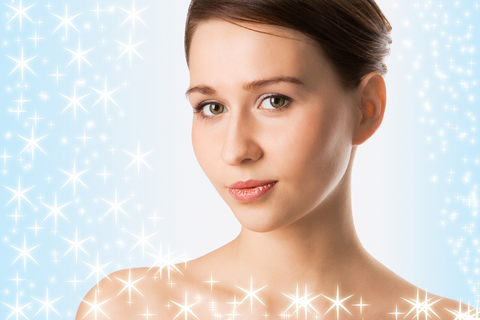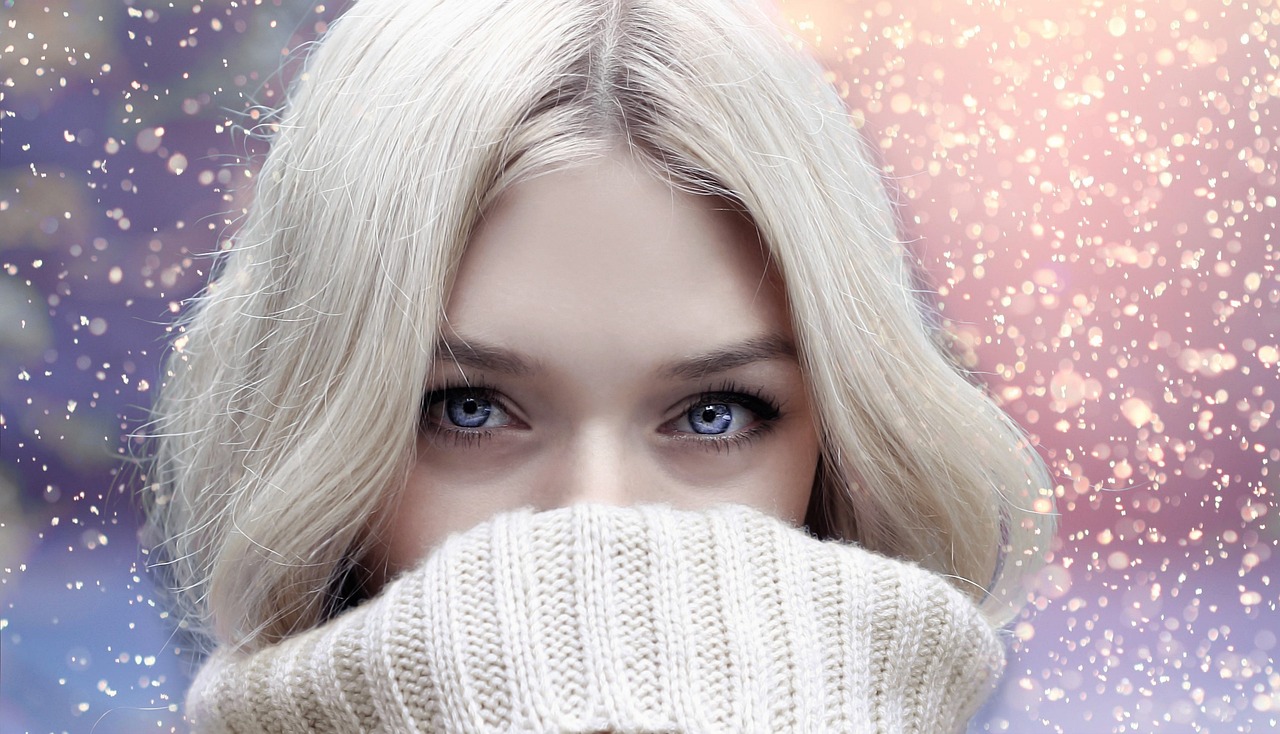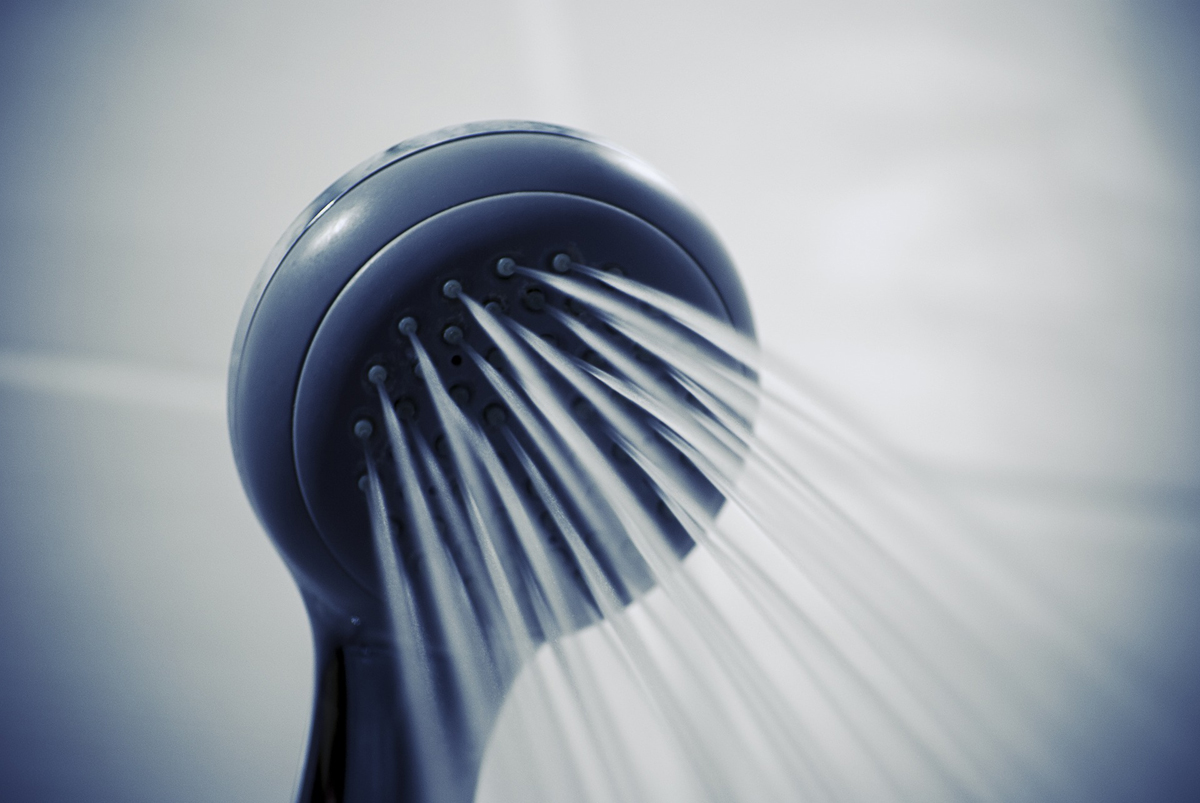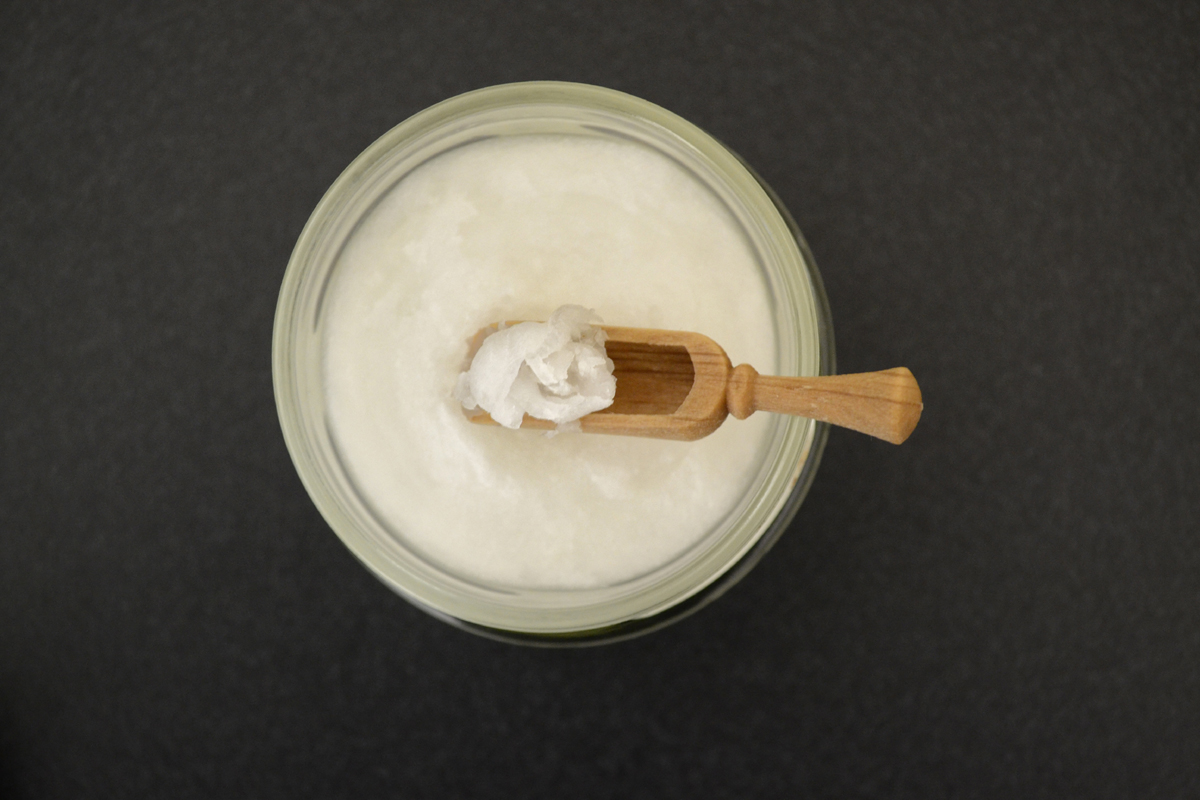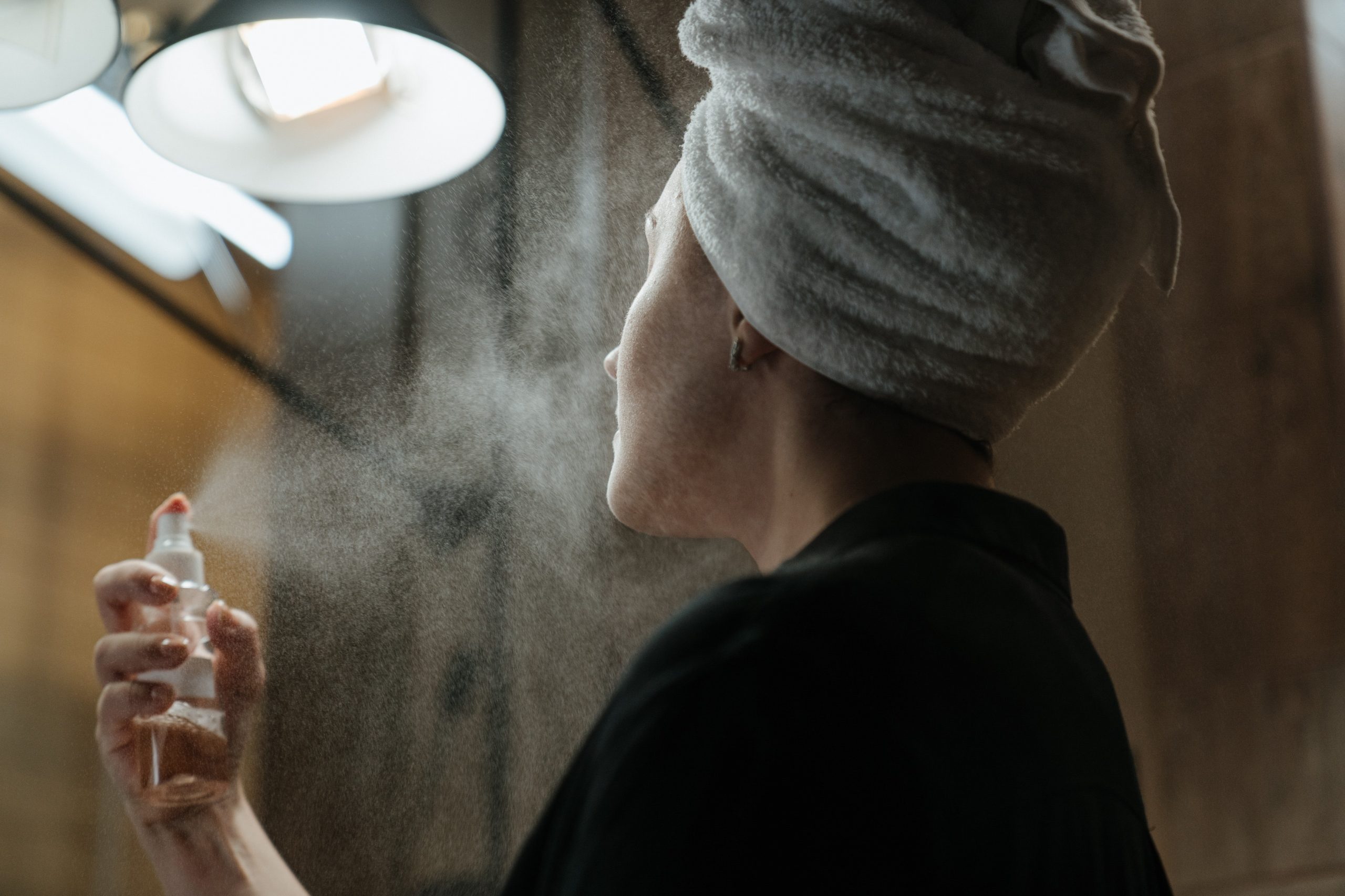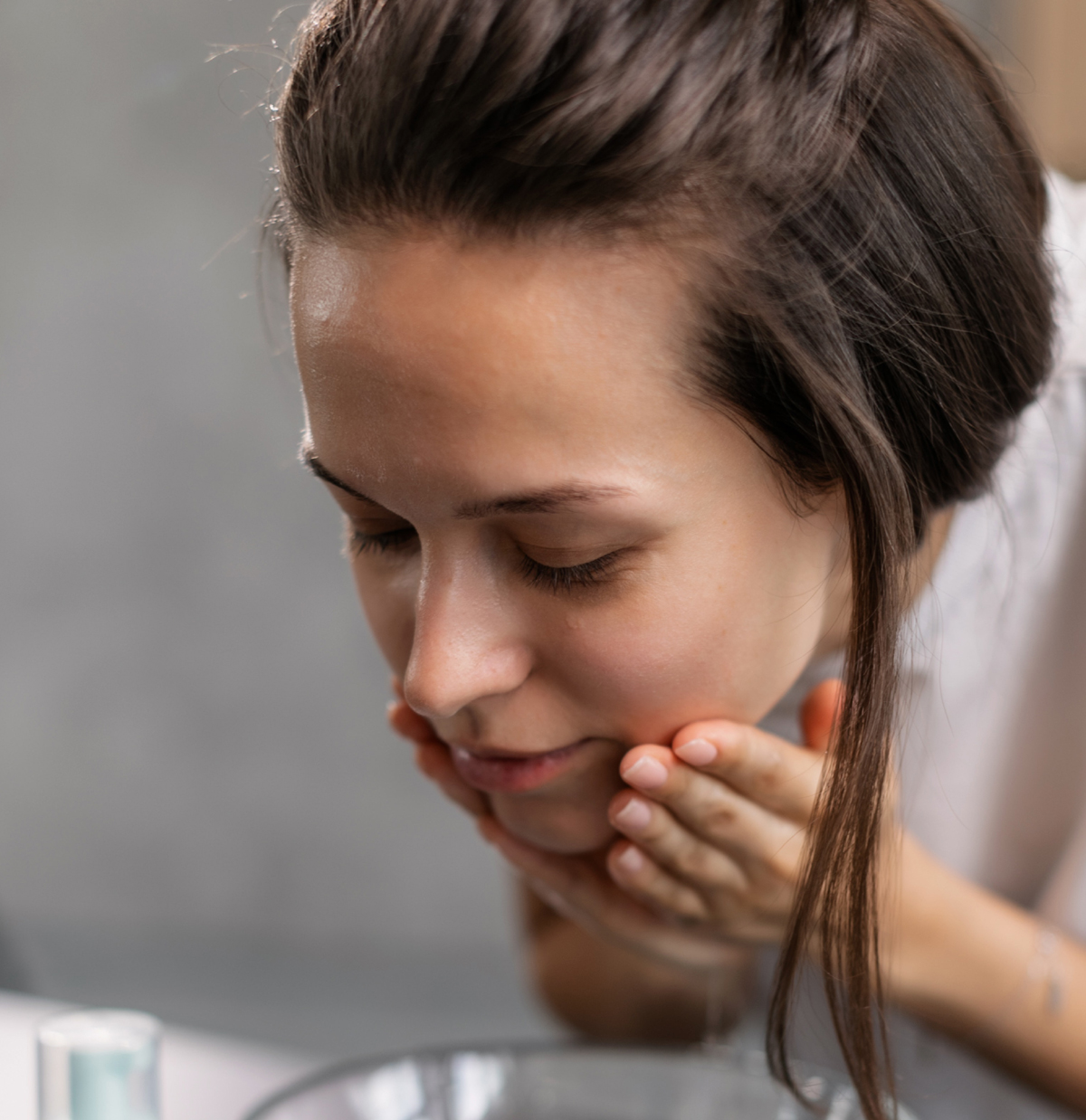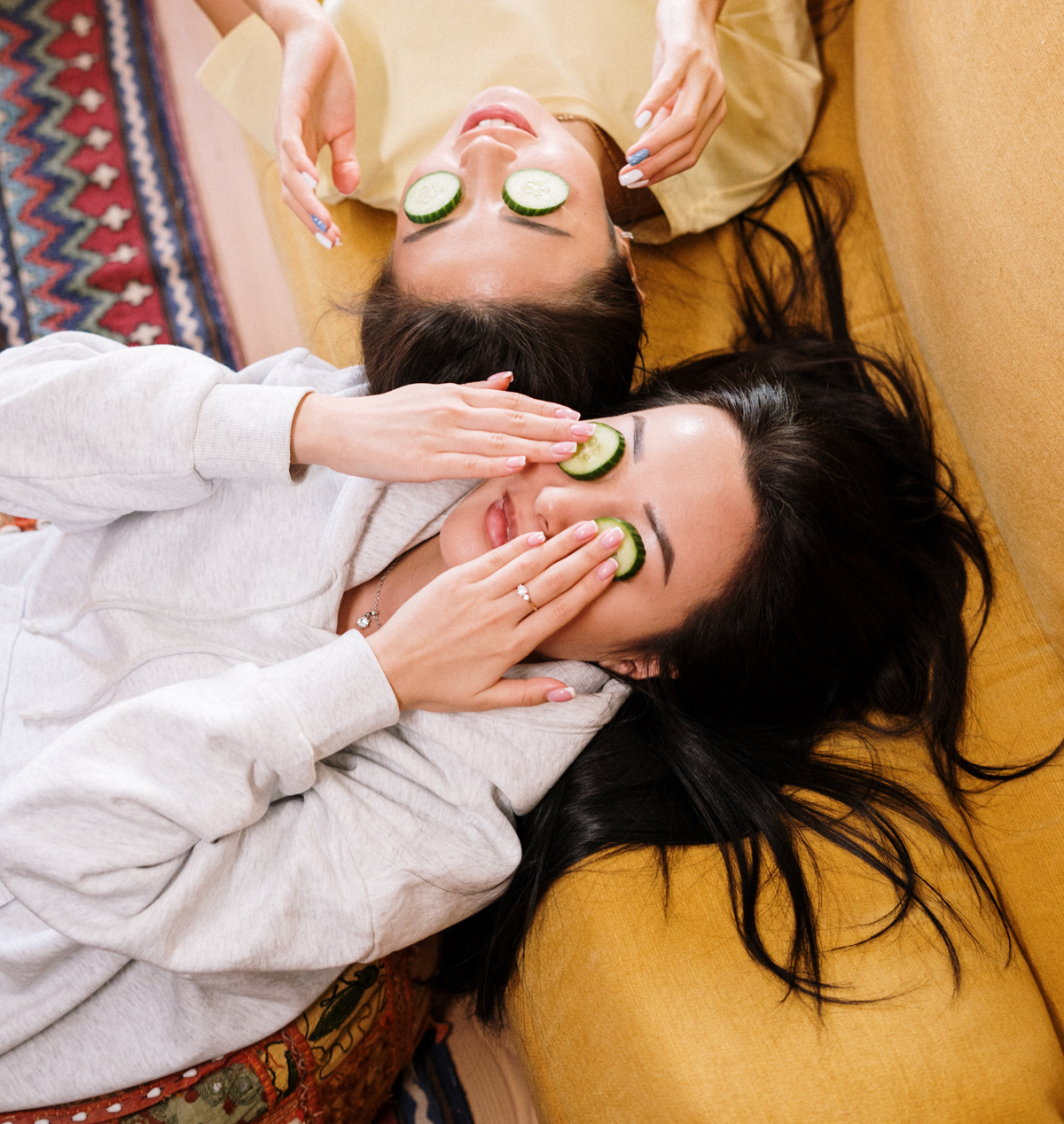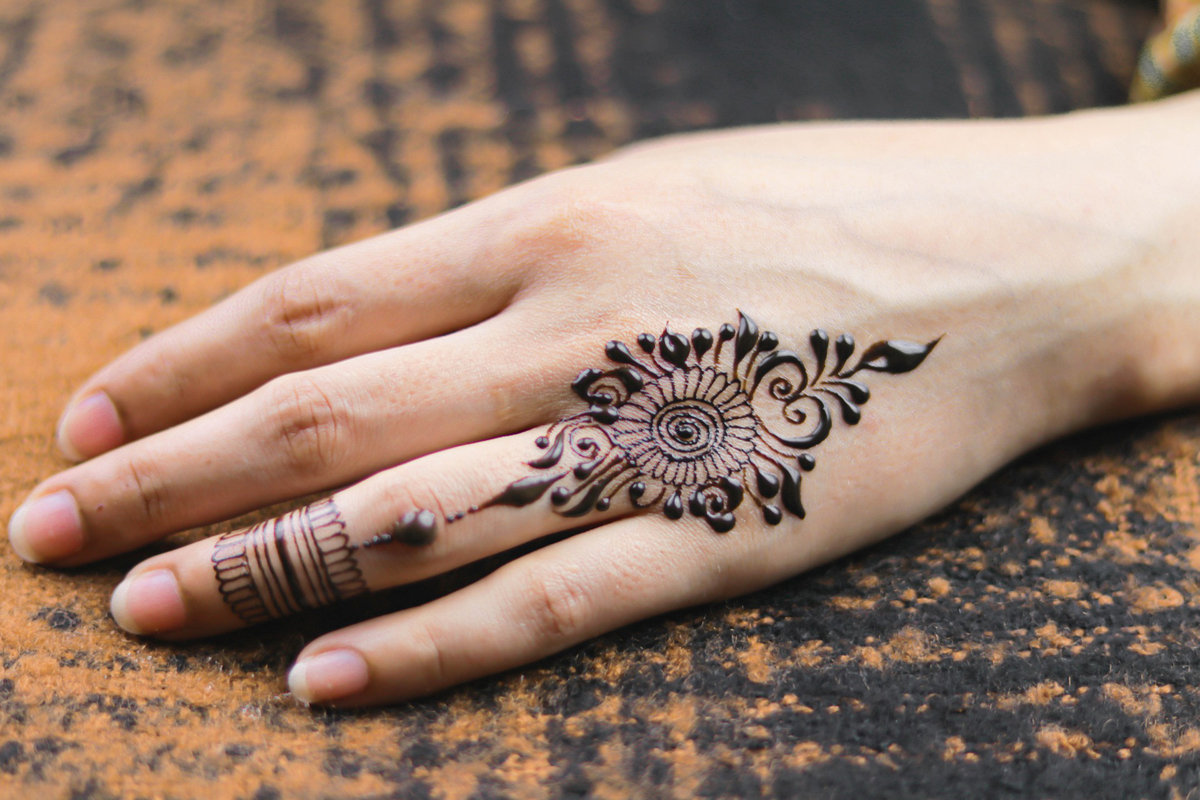Warning Stress Can Be Hazardous to Your Skin!
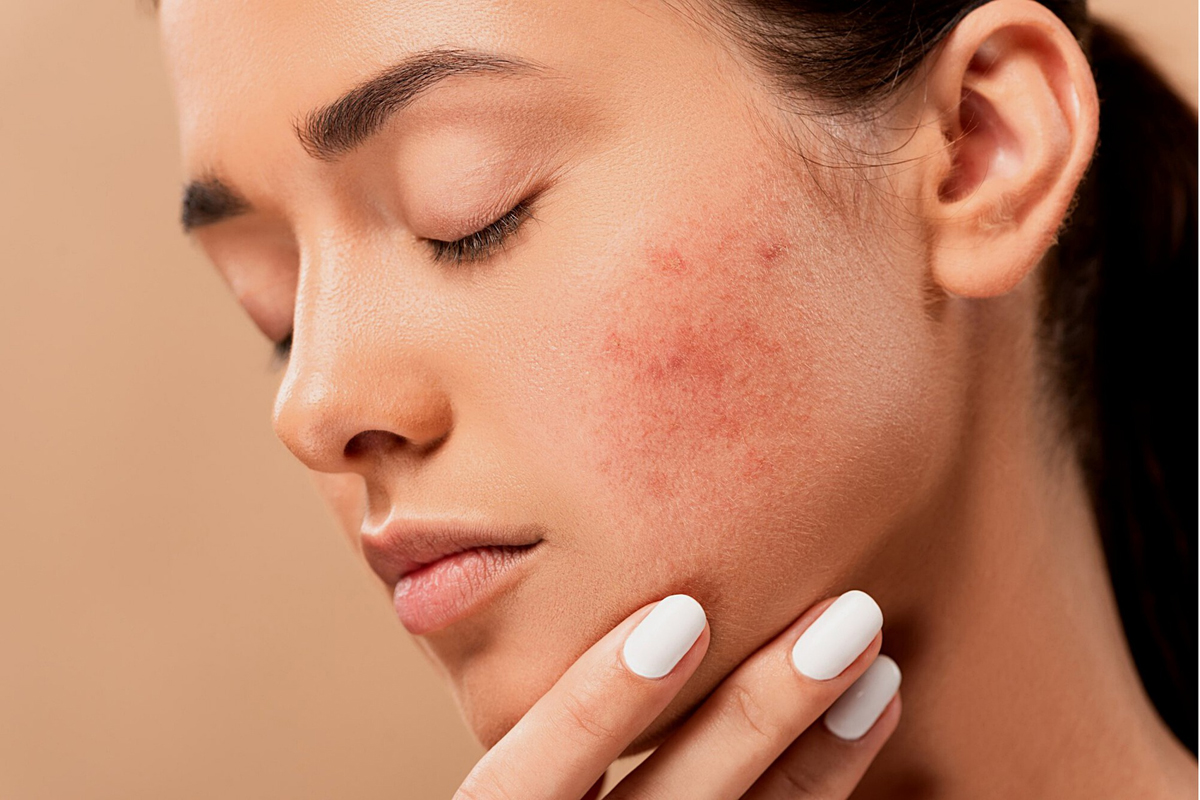
Unfortunately, stress has become an ubiquitous presence in our lives. At work, in our relationships, driving through rush-hour traffic — most of us take it for granted that there is nothing unusual about stressful situations occurring on a regular basis, day after day.
Like termites undermining a structure, stress works insidiously to undermine body, mind and emotions. But the results can become all too obvious, by showing up on your skin.
While dermatologists are still debating whether stress actually causes skin disorders, they seem to agree that stress definitely triggers or aggravates skin conditions such as acne, hives, eczema, psoriasis, rosacea, warts, cold sores and blisters. “And that matches the ayurvedic perspective,” says Rama Kant Mishra, world-renowned ayurvedic dermatologist. “Ongoing day-to-day stress adversely impacts your immune system.This makes your body susceptible to attack, like fertile ground in which seeds take root easily. The skin is an organ, widely connected to the rest of the physiology as well as the mind. It is natural that like the rest of you, your skin is also affected by stress.”
And even if stress does not actually show up on your skin as one of these conditions, it is one of the chief contributors to an increased population of free radicals in the body, which, in turn, has been discovered to be a major cause of premature aging. Emotional or mental trauma can cause you to screw up your face or frown or pout, and constant muscular contractions can eventually become permanent fine lines and wrinkles.
The “fight-or-flight” mechanism is the body’s built-in way of responding to stress. In times of “fight-or-flight,” the flow of blood (and nutrients) is directed to the areas of the body considered vital for responding to the stress and withdrawn from areas considered non-essential, such as the skin. So is the flow of oxygen, making it difficult for the skin to “breathe.”
When “fight-or-flight” situations become frequent, the skin is consistently starved of both blood and oxygen, making it dull and lifeless, less supple, less hydrated and more prone to clogged pores and breakouts.
“Stress does not only impact the immune system, it also undermines digestion,” says Mishra. “And imperfect digestion adversely affects skin health, and, indeed your overall health, in two ways — first, your body does not absorb all the nutrients from the foods you eat and second, undigested impurities tend to accumulate in the body faster than the body can get rid of them.”
Authentic, All-Natural, Ayurvedic Solutions
The holistic system of Ayurveda advocates a well-balanced approach to stress management and skin health. “Ayurveda has a definition of beauty that goes much deeper than the skin, to a healthy body, a serene mind and a positive attitude,” says Mishra. “Your skin is like a mirror – it reflects everything that is going on within your body and mind. Pay attention to keeping your mind, body and emotions balanced, and the results will show up as a clear, glowing complexion.”
Here are some guidelines from Vaidya Mishra:
1. Diet
Diet is important, says Mishra, and not just in Ayurveda but in every system of well-being. For example, researchers say that skipping meals and too much caffeine can stimulate the production of adrenaline, which can cause the skin pores to clog up. “Eat foods that are alive with the intelligence of Nature,” recommends Mishra. A balanced diet and proper eating habits help keep the body and mind performing at optimal levels, enhancing resistance to stress and providing deep nourishment to the skin to combat the effects of day-to-day stress.
Make sure you include plenty of cooked leafy greens, several servings of fruits and vegetables, high-protein grains and lentils, some dairy and healthy fats like Ghee or olive oil in your daily diet. Fruits and vegetables rich in antioxidants can help scavenge free radicals generated by stress.
Cook with spices that are appropriate for the season and for your skin and your physiology. Spices can help cleanse the channels of the body and help the body assimilate nutrients from foods; some spices, such as turmeric, have anti-inflammatory and anti-allergic properties that could be useful to keep skin clear and healthy.
2. Sleep
An adequate amount of quality sleep can help recharge and rejuvenate the body, making it more resilient. Lack of sleep can lead to tired lifeless skin and circles under the eyes. Calming aromatherapy or a relaxing massage or bath before bed will help release the pent-up stress of the day and get you ready for a good night’s sleep.
3. Exercise
Exercise is considered a great stress-buster by many of today’s health and fitness experts. Ayurveda concurs, provided you don’t overdo it. Breathing exercises, called pranayam in ayurveda, are excellent for reducing stress. Yoga postures and walking are also recommended forms of exercise that work at relaxing the mind as well as toning the body.
4. Daily Massage
The daily warm oil self-massage is recommended as a luxurious way to balance the body, mind and emotions as well as lubricate the skin, making it supple and lustrous. Use a fragrant aroma massage oil for the dual benefits of massage and aromatherapy, or use a specially blended herbalized massage oil for personal balance.
5. De-Stress
Relaxation techniques can help you withstand stress better and also help relax facial muscles and skin. The Transcendental Meditation (R) technique, practiced for 20 minutes twice daily, has been proven to significantly reduce the effects of stress. Listen to soft soothing music, take a stroll in the moonlight, enjoy the company of friends, diffuse an uplifting aroma. Actively practicing relaxation for short periods several times a day can raise your resistance levels over time.
It’s unlikely that stress will cease to be a part of our lives any time soon. Prudence dictates taking measures to safeguard yourself from its damaging effects.
Note — Information provided in this article is for the sole purpose of imparting education on Ayurveda and is not intended to treat, diagnose, cure or prevent any disease. If you have a medical condition, please consult a health professional.
The Author:
(c) Vasu Nargundkar is deeply interested in holistic healing and the ayurvedic approach to beauty. She is the editor of Total Health News Online, a free monthly newsletter published at mapi.com. To read a sample issue, please visit http://www.mapi.com and click on the newsletter link.
© 2002 Vasu Nargundkar

